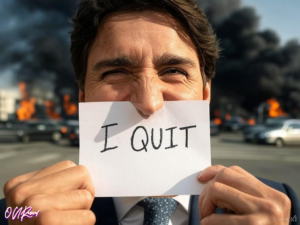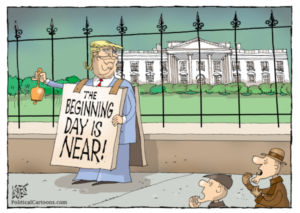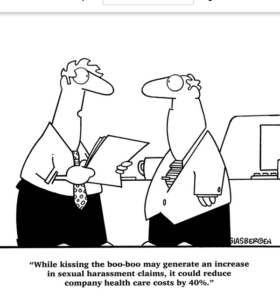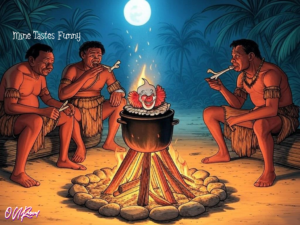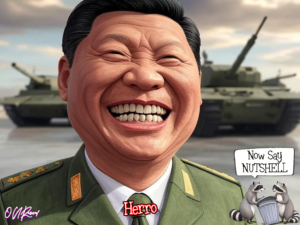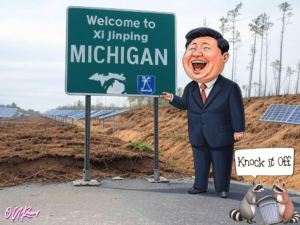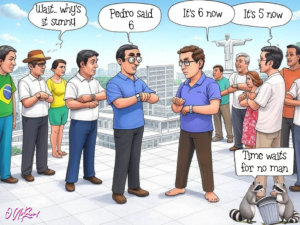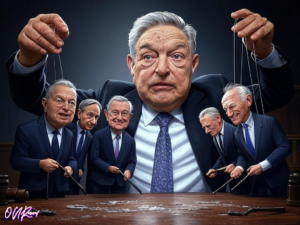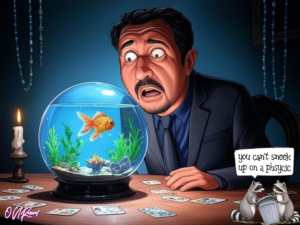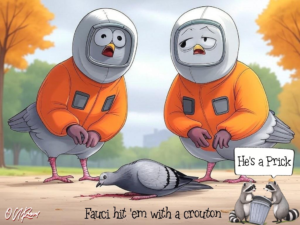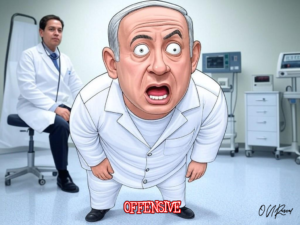Russia’s Brutal War Tactic: Almost a Million Casualties for Just 0.6% of Ukraine
In an ongoing testament to resilience and defiance, Ukraine faced another year of relentless aggression from Russian forces in 2024, losing approximately 0.6% of its sovereign territory while inflicting record casualties on the Russian military. Here’s a deep dive into the harsh realities of this conflict from a pro-Ukraine perspective.
Despite the grim statistic of losing 3,600 square kilometers of land, the context is crucial. The captured territories are primarily rural, consisting of fields and small settlements, which, while significant, do not equate to major strategic or urban control points. Russian forces have been unable to capture key cities like Pokrovsk or make substantial progress in establishing a “buffer zone” in northern Kharkiv Oblast. This indicates that while Russia has made territorial gains, these have come at a disproportionate cost in terms of human life and military resources, highlighting the inefficiency of their military strategy.
The year 2024 was marked by an unprecedented toll on Russian forces. Ukraine’s Ministry of Defense reported that Russia suffered around 430,790 casualties, a figure that dwarfs previous years’ losses. This staggering number underscores not only the intensity of the conflict but also the sheer waste of human life from the Russian side. Daily casualty rates reached new heights, with some days reporting over 2,000 Russian soldiers killed or wounded, illustrating the brutal efficiency of Ukrainian defense tactics and the dire state of Russian military planning.
Ukrainian forces have shown remarkable resilience, leveraging both traditional military tactics and innovative use of technology. The year saw a significant increase in drone warfare, with Ukrainian drone strikes disrupting Russian logistics and command infrastructure deep inside Russian-held territories. This not only showcases Ukraine’s adaptability but also its ability to fight back with limited resources against a much larger adversary. The spirit of Ukrainian resistance is also evident in the civilian resilience, with communities adapting to life under constant threat yet maintaining a strong national identity and will to fight.
The international community has watched this conflict with a mix of horror and admiration for Ukraine’s steadfastness. Support from the West, though sometimes criticized for being insufficient, has included military aid, financial assistance, and diplomatic backing. The narrative has shifted towards recognizing the strategic importance of supporting Ukraine, not just for its sovereignty but for the broader implications of allowing authoritarian aggression to go unchecked. However, the debate continues on the adequacy and speed of this support, with calls for more decisive action to help Ukraine reclaim its territories.
As we step into 2025, the war’s trajectory remains uncertain but critical. The losses incurred by Russia might lead to a reevaluation of its military strategy or even domestic political shifts. For Ukraine, the year ahead will test its endurance and the international community’s commitment to its cause. The focus will likely be on strengthening defenses, especially around contested areas like Dnipropetrovsk and Kharkiv, and on continuing to innovate in warfare to counter Russian aggression effectively.
The Russo-Ukrainian War’s 2024 chapter is a grim reminder of the human cost of conflict but also a testament to Ukrainian resilience. While Russia has made territorial gains, these have come at an exorbitant price, both in terms of lives lost and strategic inefficiency. From a pro-Ukraine perspective, the narrative is clear: Ukraine stands defiant, supported by a global call for justice and freedom, facing down one of the world’s superpowers with both courage and strategic acumen.
This conflict isn’t just about land; it’s about the survival of a nation’s spirit against overwhelming odds. As we move forward, the world watches, and Ukraine continues to fight, not just for its land, but for the very principles of national sovereignty and human dignity.
















